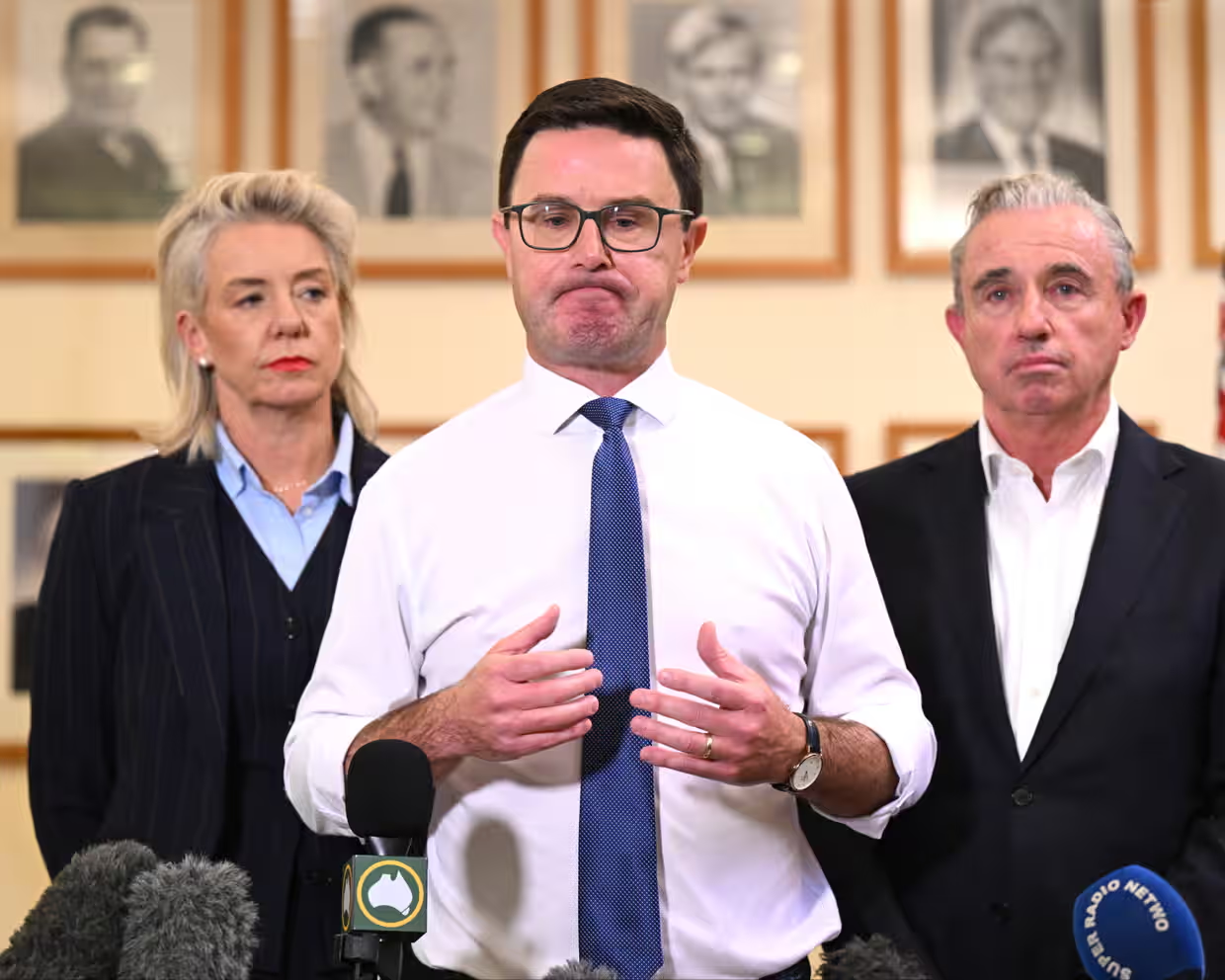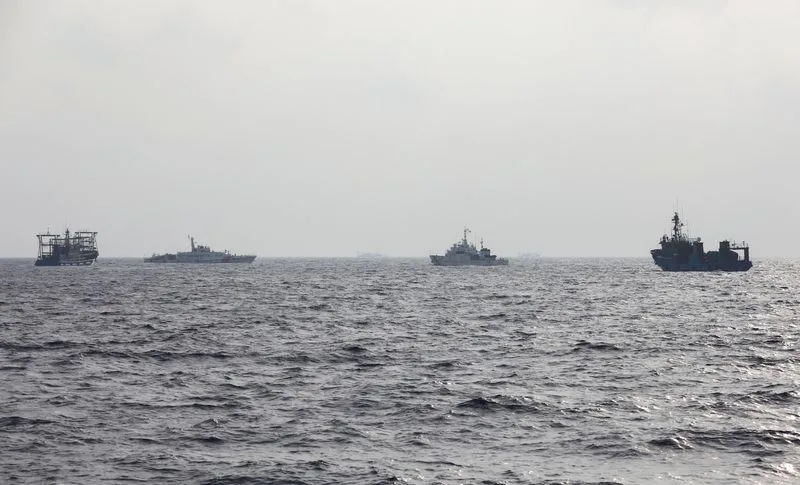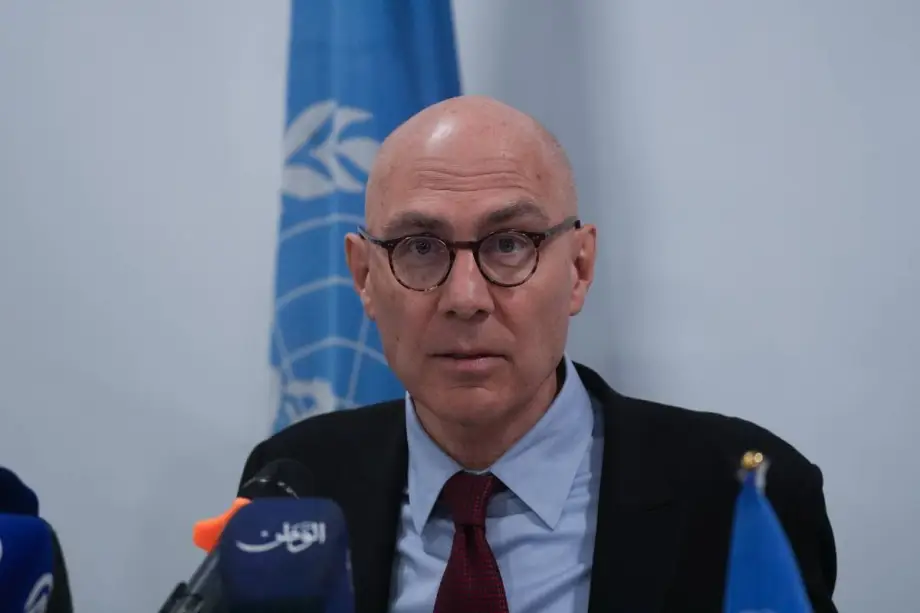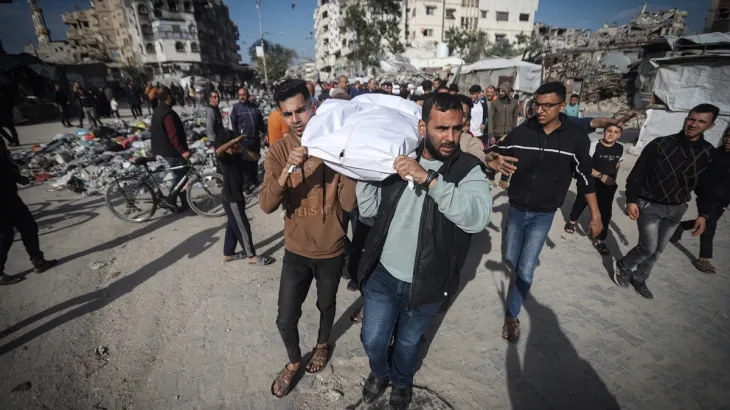Australia is grappling with a wave of crises—devastating floods, violent crime, and political fractures—unfolding simultaneously across multiple states, putting public institutions and emergency services under immense strain.
In New South Wales (NSW), extreme flooding has left over 12,000 residents isolated and forced hundreds from their homes. Authorities report 572 dwellings are now uninhabitable, with the worst-hit areas including Taree, Wingham, and Glenthorne. Emergency services, assisted by Australian Defence Force personnel, are racing to deliver aid and restore accessibility.
The Bureau of Meteorology has also issued damaging wind warnings across Victoria and South Australia, with gusts exceeding 120 km/h. Meteorologists warned the public to brace for continued weather disruptions as a cold front moves through the southern states.
Meanwhile, in Sydney, a double shooting in Parramatta has left two men injured, followed by the torching of a car just under five kilometers from the scene. Investigators are examining links between the incidents, which have reignited concerns over rising violent crime in metropolitan areas.
On the political front, internal rifts within the Coalition are once again in the spotlight. Nationals leader David Littleproud declared the party would reassess its net zero emissions policy, contradicting his deputy Sussan Ley, who had previously suggested climate policy would remain untouched. The conflict has exposed widening divisions over the Coalition’s future direction following its electoral defeat.
In a candid post-election reflection, Liberal MP Julian Leeser blamed the loss on the party’s complacency and failure to connect with younger, female, and multicultural voters. “We had a false sense of confidence,” he admitted, calling for a generational shift in party strategy.
In Victoria, Premier Jacinta Allan announced a ban on machete sales, effective immediately, following a machete attack at a Melbourne shopping centre. The move is part of a broader push to crack down on violent crime and restore public safety.
Healthcare services were also in turmoil as private operator Healthscope entered receivership. The company, which operates several hospitals nationwide, assured the public that services would continue without disruption and that no facilities would be shut down in the near term.
Internationally, Prime Minister Anthony Albanese made headlines by condemning Israel’s blockade on Gaza, describing it as “outrageous” and a breach of humanitarian norms. His remarks came amid rising global scrutiny over the ongoing crisis in the Middle East and growing calls for Australia to adopt a firmer diplomatic stance.
Elsewhere, Labor candidate Basem Abdo, son of Palestinian refugees, was projected to win the seat of Calwell, following what is being described as the most complex vote count in Australian electoral history. The result is being celebrated as a milestone for diversity in federal politics.
As the nation deals with natural disasters, crime, and political instability, citizens are demanding action, leadership, and accountability. The overlapping crises have placed Australia’s governance and resilience under the microscope, with urgent challenges demanding swift and coordinated response across all levels of government.
Source: The Guardian



